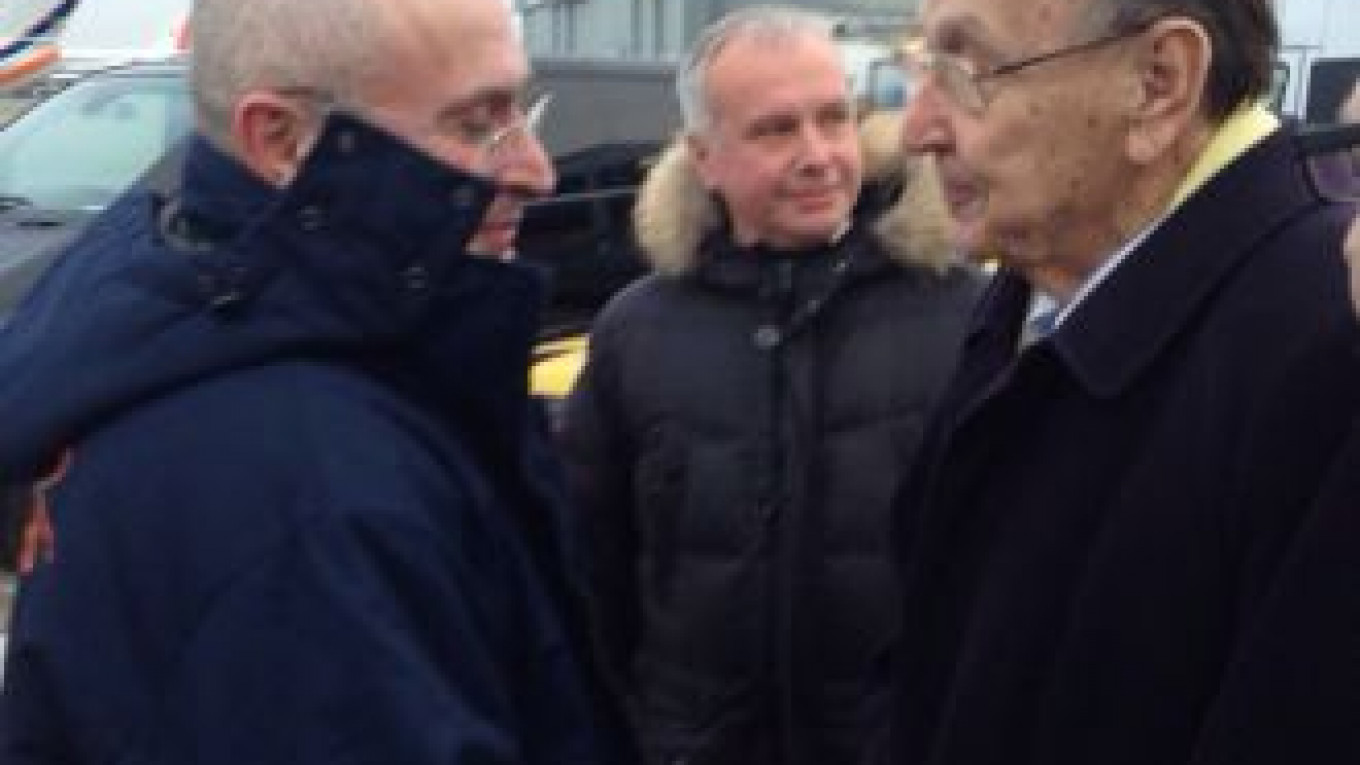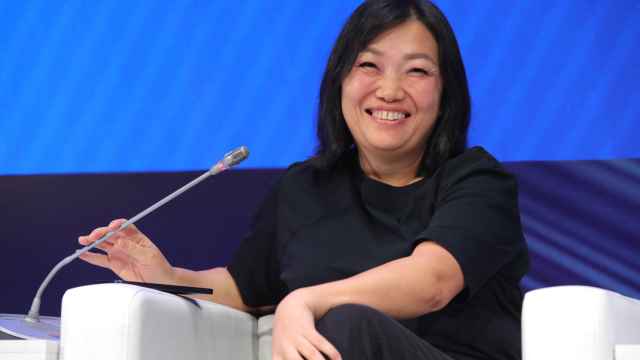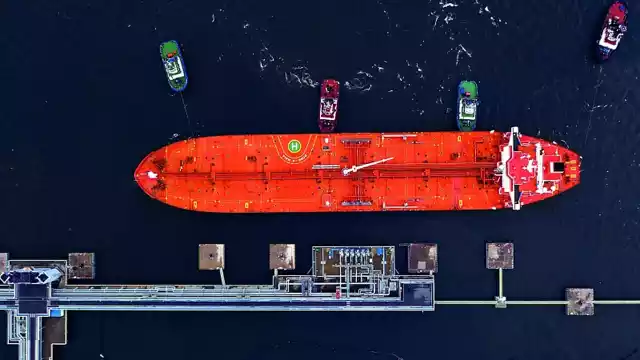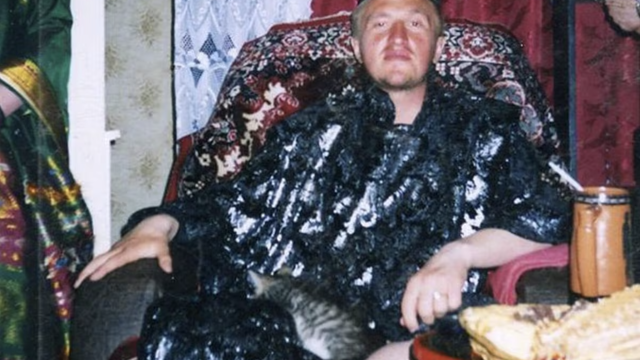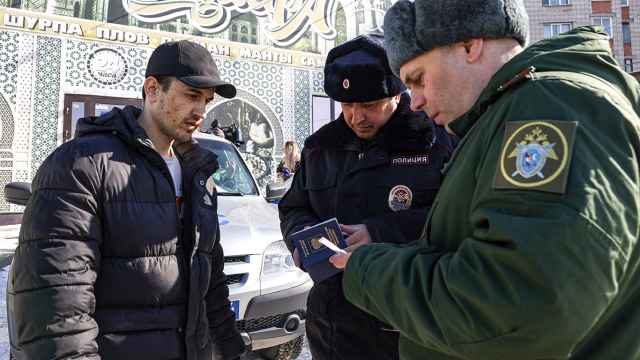The Federal Prison Service said Khodorkovsky left for Germany immediately after being released, and just after 3:30 p.m. Berlin time news reports said he had landed in the German capital in a private jet. The German foreign office confirmed the reports in a tweet about an hour later.
Khodorkovsky's sudden departure from Russia followed President Vladimir Putin's surprise announcement after a news conference Thursday that Khodorkovsky, who had been jailed since 2003, had asked for a pardon and that Putin would grant the request.
Khodorkovsky issued a statement giving a brief explanation regarding his pardon request but did not explain his traveling to Germany and gave few details regarding his future plans.
“On November 12, I asked the President of Russia to pardon me due to my family situation, and I am glad his decision was positive," he said in a statement posted on Facebook by his press center.“The issue of admission of guilt was not raised," Khodorkovsky said. “I would like to thank everyone who has been following the Yukos case all these years for the support you provided to me, my family and all those who were unjustly convicted and continue to be persecuted. I am very much looking forward to the minute when I will be able to hug my close ones and personally shake hands with all my friends and associates.”
Putin's spokesman Dmitry Peskov said Thursday after Putin's announcement about Khodorkovsky's pardon request that it represented an admission of guilt.
It was unclear early Friday evening what Khodorkovsky's next immediate step would be, but he said in his statement that he hoped to celebrate the upcoming new year holiday with his family.
Khodorkovsky also thanked former German Foreign Minister Hans-Dietrich Genscher in the statement for his "personal participation in his fate." News reports said that Genscher had helped arrange Khodorkovsky's travel to Germany, and the statement implied that Genscher had given other assistance as well.
A spokesman for OBO Bettermann, a German energy consulting firm that also runs charter flights, told The Associated Press that Khodorkovsky went to St. Petersburg upon being released from prison and got straight on a jet that was waiting for him. It was unclear how Khodorkovsky traveled from his prison colony in the Karelia republic near the Arctic circle to St. Petersburg; unconfirmed news reports earlier said he had boarded a helicopter upon being released.
The Bettermann spokesman said Genscher had arranged with the company to provide the plane on Thursday afternoon after Putin's announcement that he would soon pardon Khodorkovsky.
Rosneft acquired most of the assets of Khodorkovsky's oil company Yukos after it was liquidated and sold off in pieces upon Khodorkovsky's arrest in 2003.
Sechin also said that he saw no threat of Khodorkovsky suing Rosneft after his being freed from prison.
Sechin's comments, combined with the suddenness of Khodorkovsky's pardon and apparent release from prison on Friday, created the impression that the Kremlin had elaborately staged all the proceedings.
"Okay. Best to stop following the news — it's some kind of nonsense," opposition leader Alexei Navalny wrote on Twitter. "I hope MBK is doing well. We'll understand everything soon."
Earlier on Friday, Khodorkovsky's lawyer Vadim Klyuvgant told reporters that the head of the prison in the Karelian town of Segezha, where the former Yukos CEO was being held, had confirmed his client had been released.
Putin signed an order Friday pardoning Khodorkovsky and confirming his announcement that the former tycoon and Yukos CEO would be amnestied.
The order went into effect as soon as it was signed, immediately freeing Khodorkovsky from the Segezha prison, located 1,200 kilometers north-west of Moscow, after more than 10 years behind bars.
In the order, Putin said that he was “motivated by the principles of humanity.”
The news followed Putin’s unexpected announcement Thursday that Khodorkovsky had appealed for pardon and would receive it “in the nearest future.”
"He has spent more than 10 years in correctional facilities," Putin said. "It is a serious punishment."
The announcement shocked observers worldwide and even the prisoner’s own lawyers, who said they hadn’t heard anything about an appeal.
At the time of his arrest in 2003 Khodorkovsky was the CEO of Yukos, then Russia’s largest oil company.
He was sentenced in 2005 to nine years in prison for embezzlement and money laundering in what many saw as a blatant maneuver by Putin to neutralize a powerful rival.
Khodorkovsky’s prison term was increased to 13 years after a second criminal case in 2010 but then reduced to 11 years by a Moscow City Court last December.
The former oil tycoon was set to be released in August 2014.
A Message from The Moscow Times:
Dear readers,
We are facing unprecedented challenges. Russia's Prosecutor General's Office has designated The Moscow Times as an "undesirable" organization, criminalizing our work and putting our staff at risk of prosecution. This follows our earlier unjust labeling as a "foreign agent."
These actions are direct attempts to silence independent journalism in Russia. The authorities claim our work "discredits the decisions of the Russian leadership." We see things differently: we strive to provide accurate, unbiased reporting on Russia.
We, the journalists of The Moscow Times, refuse to be silenced. But to continue our work, we need your help.
Your support, no matter how small, makes a world of difference. If you can, please support us monthly starting from just $2. It's quick to set up, and every contribution makes a significant impact.
By supporting The Moscow Times, you're defending open, independent journalism in the face of repression. Thank you for standing with us.
Remind me later.


